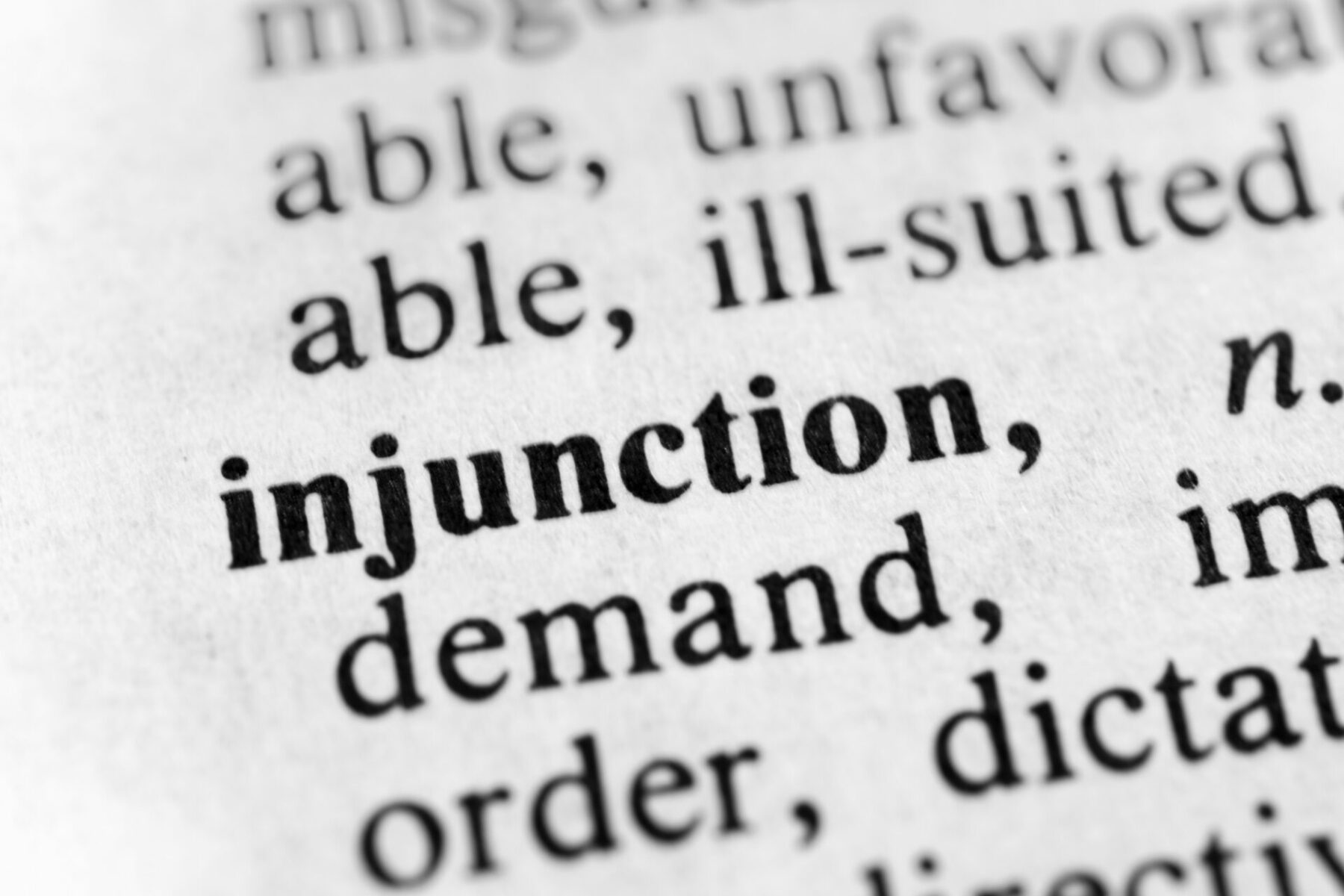
In my previous article on this topic I set out what in general terms what litigants in person can expect from Non-Molestation Order proceedings. In this article I have decided to continue thematically, focussing on without notice, legally referred to as ‘ex-parte’, applications. I touched only very briefly on this subject matter in my original article (https://becket-chambers.co.uk/articles/applications-for-non-molestation-orders-what-to-expect/) and perhaps that was remiss of me. For further reading and a fuller examination of the issues, do please refer to my earlier article.
A without notice order is an order made either on the papers (with a Judge simply reading the papers filed by the person seeking an order, the Applicant) or at a hearing that the Respondent is unaware of. It follows naturally that the person against whom the order is sought is not included in the decision whether to grant the order. It is worth saying that any order made under such circumstances can be challenged further down the line and a final Non-Molestation Order might not be made. However, experience tells us that, once made, these orders are not easily overturned on an ‘interim’ basis (i.e. they will usually continue until a contested hearing where both parties will give evidence and the court will make its ultimate decision as to whether or not to grant a Non-Molestation Order).
What many Respondents find most galling is the fact that ‘interim’ orders (and, in the case of ‘ex-parte’ orders made without the Respondent even having the opportunity to oppose the application) still have the same force. A person can be arrested for any alleged breach. The delays that have beset the court system since the Covid-19 pandemic can mean that often an ‘ex-parte’ order can last for a whole year. A year is the normal length of time a Non-Molestation Order can be granted for, and it is not uncommon for the original ‘interim’ order to have expired before the court can list a final hearing. Consequently, an Applicant can have the benefit of an order without ever having their evidence challenged.
Given what might be considered the inherent unfairness in the ‘ex-parte’ procedure it is right to say that such orders should be rare. However, it is increasingly common practice for all applications for a Non-Molestation Order to include within them an application for an ‘ex-parte’ order. Some courts will grant these orders more easily than others, but the caselaw is clear.
My colleague Clive Styles set out the relevant tests and caselaw in his excellent March 2023 article (https://becket-chambers.co.uk/articles/ex-parte-non-molestation-orders/). From this we can see that ‘ex-parte’ orders “should only be made in exceptional circumstances and with proper consideration for the rights of the absent party”, R v R [2014] EWFC 48. Since Clive’s article was authored there has been further guidance from the courts in the form of the President’s Guidance: No-Molestation Injunctions (https://www.judiciary.uk/guidance-and-resources/practice-guidance-non-molestation-injunctions/) which was published in July 2023.
To what extent does this document assist in understanding the approach that is to be taken by courts in determining applications for ‘ex-parte’ orders?
The answer is that it changes little. At paragraph 6 the President of the Family Division makes clear that although the wording of the statute (s.45 Family Law Act 1996) does not establish a test of “exceptionality” it does confirm the High Court authorities of R v R (see above) and DS v AC [2023] EWFC 46 that ‘ex-parte’ orders should only be made in exceptional circumstances.
The President also makes special reference to orders barring somebody from a location only being made with caution: “Orders made without notice should not have the effect of barring a respondent from their home or place of work or other necessary location without very careful consideration and specific evidence to justify such an extensive infringement of the respondent’s rights. Any order having that effect should be regarded as exceptional.” It might be thought that this is only right, but it is interesting to see that the President of the Family Division has highlighted the need for ‘specific evidence’ in support of an application for an order in such terms.
It remains to be seen whether the President’s Guidance will have any effect on courts up and down the country in their day-to-day dealings with Non-Molestation Orders. Recent experience however suggests that sadly these orders continue to be made all too regularly, and often on the basis of generic assertions and weak allegations.
The team at Becket Chambers take instructions in all areas of Family Law and Domestic Abuse, including Non-Molestation orders. For further enquiries please do not hesitate to contact our clerks at clerks@becket-chambers.co.uk
